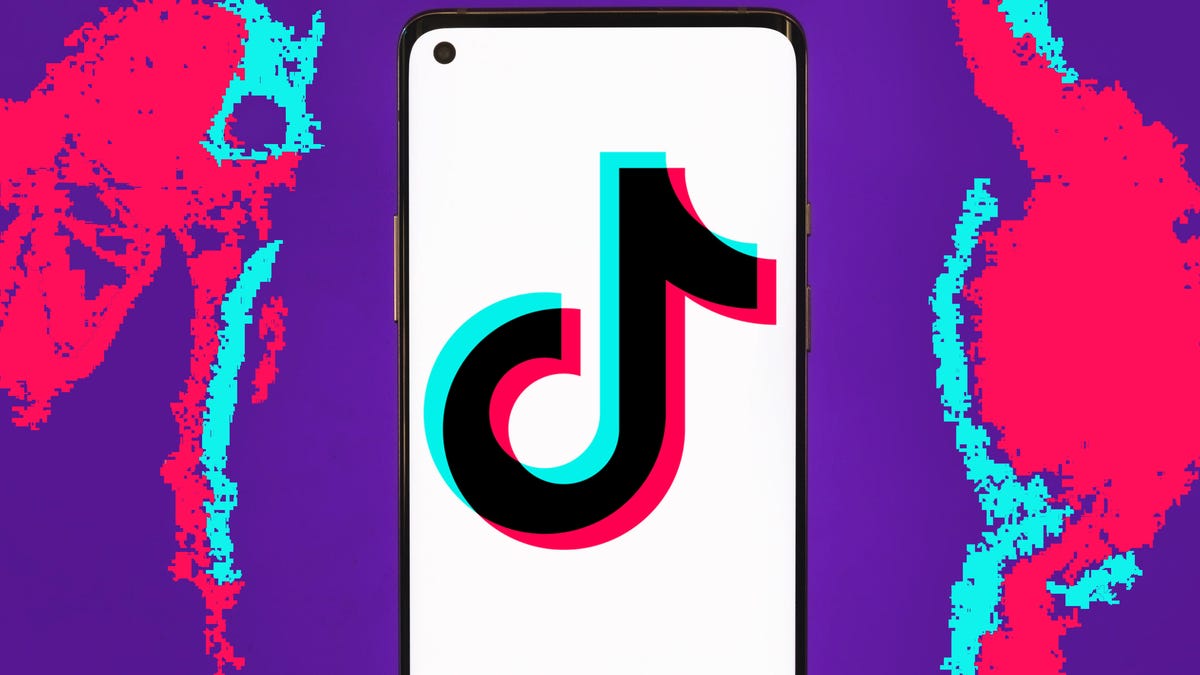
TikTok sounds a little different this week. On Feb. 1, many users woke up to discover the music from videos they made or watched had been removed due to a dispute between TikTok and Universal Music Group. Those videos were muted, even if only a few seconds of the song by the UMG artist was included, and UMG music was no longer available for use in new videos.
Huge stars are involved in the dispute with the video-sharing social media app — UMG artists include Taylor Swift, the Beatles, Billie Eilish, Drake, The Weeknd, Bad Bunny and many more. You can see the full list of artists on UMG’s site. TikTok is a massive social platform and music app, with more than a billion users worldwide, and more than 100 million in the US. And the site is no stranger to controversy, thanks in part to the fact that its parent company, Bytedance, is Chinese. US lawmakers say Chinese laws allow China’s government to demand data from companies based there, though TikTok says such fears are unfounded. Still, the federal government, and some states, have banned its use on government or state devices.
TikTok creators can make videos using music accessed via the site’s library. Millions of TikTok videos use those sounds. According to Forbes, Taylor Swift’s song Cruel Summer alone had been used in almost 2.5 million videos. Here’s what you should know about the dispute, and how to swap in other music if your videos have been affected.
What happened to the videos?
Videos that TikTok creators had previously made using then-allowed artists were still on the site Thursday. But they were marked with a note indicating that the music was no longer available. Sound for the entire video was muted, even if the affected artist’s music was used only briefly. The videos could still be watched, but on a site where dancing and lip-syncing are a huge part of the content, those videos are essentially useless without any sound.
The change is worldwide, not just affecting TikTok videos made in certain countries.
How to swap in other music
If the music was removed from one or more of your videos — and some TikTok creators had hundreds or thousands of videos affected — you’ll see a message on the thumbnail for those videos. TikTok should provide you with an option to select a new sound from music that isn’t from UMG. That list includes Paul Russell’s TikTok-popular song Lil Boo Thang, Cyndi Lauper’s 1983 hit Girls Just Want to Have Fun and music by Coolio, Green Day, Weezer and others.
Some video creators have tried the stopgap of using a sped-up or otherwise tweaked version of the UMG song they used originally, but audio-detection software will likely ban those clips as well. Video creators may want to start looking for independent music that’s available on TikTok, or provide their own background soundtrack. In fact, the ban could end up being a boon for savvy independent musical artists, if they’re able to see their music go viral due to many creators suddenly seeking out new music.
UMG’s complaints
The yanking of the music didn’t come as a surprise. Two days before the contract between the two businesses was set to expire, UMG published a letter on its site declaring its intent to “call time out” on TikTok. UMG said in the letter that the company had been pressing TikTok on three issues: “appropriate compensation for our artists and songwriters, protecting human artists from the harmful effects of AI, and online safety for TikTok’s users.”
UMG also said that “TikTok proposed paying our artists and songwriters at a rate that is a fraction of the rate that similarly situated major social platforms pay.”
TikTok creators saw messages like this on Feb. 1 if they’d used music from Universal Music Group artists.
TikTok’s response, and UMG’s reply
UMG’s letter was lengthy. TikTok fired back with a short, three-paragraph response. Without giving details about the three issues mentioned in the UMG letter, TikTok called the dispute “sad and disappointing” and accused UMG of putting “their own greed above the interests of their artists and songwriters.”
“TikTok has been able to reach ‘artist-first’ agreements with every other label and publisher,” the statement said. “Clearly, Universal’s self-serving actions are not in the best interests of artists, songwriters and fans.”
In July, TikTok had reached a new agreement to license music from Warner Music Group, so songs from those artists are still available. They include Lizzo, Panic! at the Disco, Blake Shelton and the Doors.
In a statement sent to CNET after TikTok’s response, a representative for UMG expanded further.
“TikTok still argues that artists should be grateful for the ‘free promotion’ and that music companies are ‘greedy’ for expecting them to simply compensate artists and songwriters appropriately, and on similar levels as other social media platforms currently do,” the emailed statement said. “TikTok didn’t even attempt to address the other issues we raised regarding harmful AI and platform safety.”
TikTok didn’t immediately respond to requests for comment.
